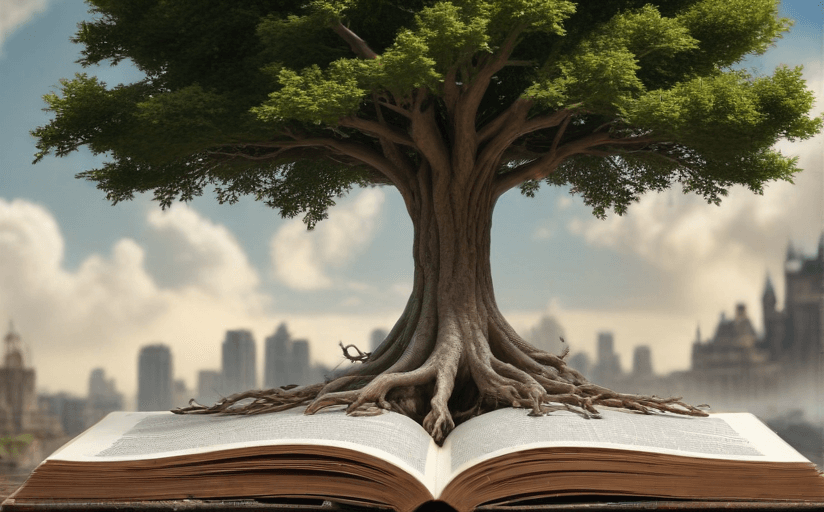The Evolution and Impact of Magical Realism in Literature
Magical realism is not just a genre; it is a perspective on the world that allows for the extraordinary in the ordinary. It subjects the mundane reality to an overlay of enchantment, impregnating every corner of the world with an element of fantasy.
Origins and Development of Magical Realism
Debuted in the mid-twentieth century predominantly within Latin American literature, magical realism characteristically presents the world as mysterious, enigmatic and complex. The term was first used by art critic Franz Roh to describe the post-expressionist art.
It rose to prominence in literature in the works of Latin American authors like Gabriel Garcia Marquez and Isabel Allende. Their novels offer the finest exemplification of this genre, telling stories of impossible realities painted with believable normality.
Distinct Characteristics
Unlike fantasy, where separate realities exist, magical realism blurs the line between reality and the fantastical, presenting magic elements as a natural part of an otherwise mundane world. This results in a complex, layered narrative capable of exploring deep themes and challenging the reader's perception of reality.
Impact on the Larger Field of Literature
Magical realism has marked a lasting, transformative impact on the field of literature. By combining the fantastical with the real, this genre challenges traditional boundaries, inviting readers into a more complex, alternative reality that engages the senses in entirely new ways.
Role in Contemporary Narratives
Contemporary narratives across books, movies, and even video games utilize techniques of magical realism, incorporating elements of the fantastical into everyday settings. This genre provides a tool to discuss and highlight societal issues and human experiences in a unique way.
Examples in Works
'One Hundred Years of Solitude' by Gabriel García Márquez serves as a prime example of this genre, where an extraordinary, timeless town and its inhabitants are depicted in a matter-of-fact manner.
Significance in Cultural Contexts
Magical realism has played a significant role in various cultures. The injection of magic elements into conventional reality represents the belief systems of various communities, acting as a form of cultural expression and identity.
Current State and Future Prospects
Magical realism continues to persist in modern literature, contributing to the delivery of meaningful narratives worldwide. With the rise of speculative and genre-blending fiction, the future is bright for this intricately unique literary style. In an ever-evolving literary landscape, magical realism is poised to intrigue, inspire, and provoke thought in its readers.
Conclusion
In conclusion, magical realism in literature signifies a vast realm of possibilities, challenging the borders that separate reality and fantasy. As we continue to witness its evolution, the impact it has, and will have on literature, is an embodiment of its own magical realism.



















Comments
Leave a Comment